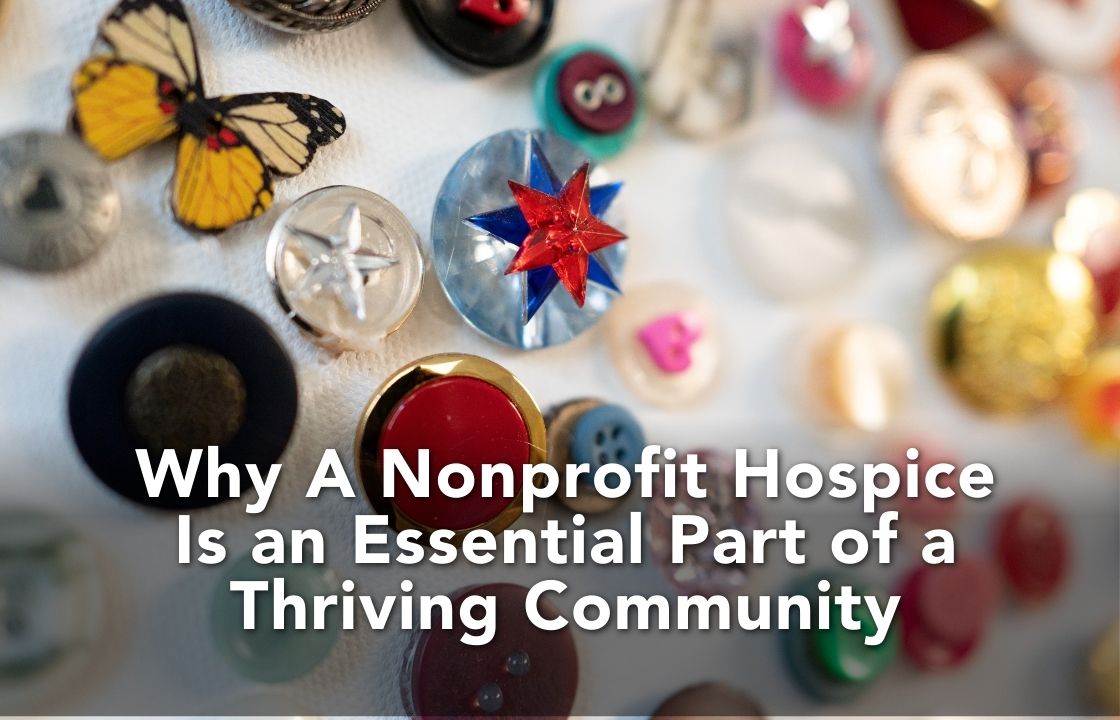Heart disease is the leading cause of death for people in the US. Whether you’re living with heart disease or not, it’s important to take preventive measures to protect your health. While there are some unavoidable factors that lead to heart disease, here are some risk factors you can control.
Eat a Healthy Diet
If you don’t already have a heart-healthy diet, now is the time to start. Try to limit your consumption of food high in saturated fats, trans fats, sodium, and added sugars. This includes sweets, sweetened beverages, fatty meats, full-fat dairy products, and tropical oils such as coconut or palm oil.
Instead, replace these items with more fruits, vegetables, whole grains, fish, and low-fat or fat-free dairy products. This can help with heart disease prevention.
Monitor Your Blood Pressure
A major risk of heart disease is high blood pressure. Keeping track of your levels can help you maintain them in the healthy range. Make sure to check your blood pressure regularly—at least once a year if you are above 18 and more frequently if you already suffer from hypertension.
Work on managing your stress to keep your blood pressure levels in the safe zone. Along with a good diet, find calming activities such as meditation or yoga to help you unwind.
Get Regular Aerobic Exercise
Your heart is a muscle just like any other, and strengthening it is a good way to maintain health. Regular exercise can help with heart disease prevention by increasing circulation and helping you maintain a healthy weight.
According to the American Heart Association, just 30 minutes of moderate intensity exercise five days a week is enough to help keep your heart and lungs healthy.
Establish Good Sleeping Habits
Lack of sleep has been linked to increased stress levels, which increases your risk of high blood pressure, as well as other problems like obesity or diabetes. All of these issues put people at high risk of heart disease. The average adult should aim for more than seven hours of sleep.
Additionally, make sure your sleeping patterns are undisturbed. Disturbed sleep reduces the quality of your sleep, which is just as important as the amount of sleep you get. If you have trouble sleeping, consult your healthcare provider to find out why.
Take Medication as Directed
Eating the right food, exercising, and sleeping well can all make great improvements to your health, but sometimes it might not be enough. If that’s the case, then discuss your situation with your doctor to see if you need medication to control issues like diabetes or hypertension.
Medication can help relieve pain and symptoms, while lowering your risk of heart attacks. Talk to your doctor about potential medical options and make sure you follow your prescription.
If you are living with cardiovascular disease, reach out to the team at Hospice of the Piedmont. We’re here to help — call us at 1-800-975-5501 or reach out to us at info@hopva.org.



